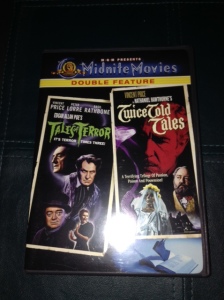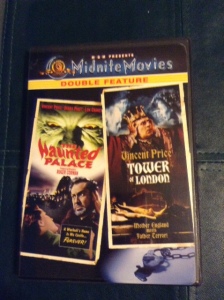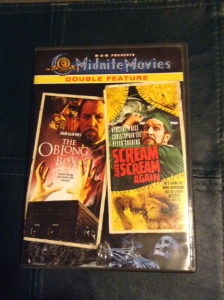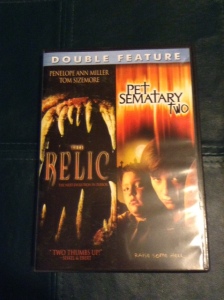It’s no exaggeration to say that culturally, I was raised on mystery: the first grownup TV show I remember being around was Baretta (which went off the air when I was 4), and by age 8 I had a special dispensation to stay up late for Remington Steele. I whiled away my childhood reading time with Nancy Drew and The Three Investigators and irritated my peers by quoting extensively from The Hardy Boys’ Detective Handbook, which was the pride of my book collection for an embarrassing length of time.
Why Found-Again? In light of all this, it’s surprising that I’ve only watched Hart to Hart, the husband-and-wife detective series, a few times. The first time was in real time, when I was a little kid and a couple of millionaires might as well run around punching people and solving mysteries as not, so long as they had an adorable dog to keep them company. The second time was in 2008, when it was on the newly developed Hulu site, and it turns out that watching the show at 1 in the morning is a lot like watching it as a child: stove bombs? Why not? Dognapping? Bien sûr! This is my third time.
The Premise: Robert Wagner plays millionaire-with-spare-time Jonathan Hart, who apparently made his fortune on “two transistors and a dream,” if I remember the quote correctly. With his beautiful wife Jennifer (Stefanie Powers), who is nominally an ex-reporter but hardly does anything journalistic in the course of the show, they solve mysteries that usually involve a chase, a corpse, and the realization that yet another person in their social circle is a killer. (The Harts could possibly stand to make different friends.)
Add to the main pair the rough-around-the-edges servant Max (Lionel Stander, whose opening voice-over may be the most memorable thing about the show) and pup Freeway, and what you have is a recipe for some harmless fun.
The Verdict: All this notwithstanding, Hart to Hart is far goofier than I remembered—there is a dog-food mind-control plot in the second season!— and I don’t know if there will be a fourth viewing. Know what you’re getting into if you decide to watch this series.
Might go well with: The Love Boat, pink wines, cheese.
Next time: If I’m ambitious, Pumpkinhead for Halloween; if not, well, the tag is called “Oh Good Lord More Highlander” for a reason.



